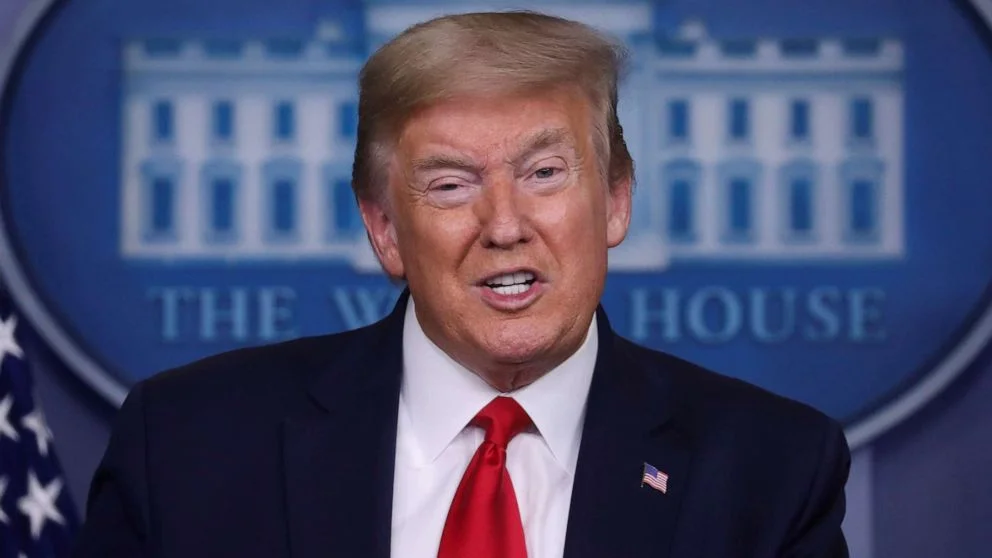In a charged address to troops at Fort Bragg, North Carolina, President Donald Trump sharply criticized protesters in Los Angeles, referring to them as “animals” and accusing them of threatening peace and order in the United States. His remarks have reignited tensions with California leaders who have condemned his language and approach.
During the speech, Trump accused the protesters of being influenced by foreign forces and claimed they were attacking the country’s sovereignty. The president urged troops to stand firm against what he described as a “full-blown assault” on American public order, linking the unrest to what he termed “uncontrolled migration” — a topic he has frequently criticized in both the U.S. and Europe.
Trump’s comments came amid the deployment of thousands of federal troops, including 700 active-duty Marines, to Los Angeles to help quell the protests. This move has drawn sharp rebuke from California Governor Gavin Newsom, who called the federal intervention “dictatorial” and unnecessary, warning that it could escalate tensions rather than calm them.
During the address, Trump encouraged troops to boo the names of Governor Newsom and former President Joe Biden, underscoring the political polarization surrounding the response to the protests. The president claimed that some rioters were carrying flags from other countries, framing the situation as part of a larger foreign invasion threatening American cities.
“This anarchy will not stand. We will not allow federal agents to be attacked, and we will not allow an American city to be invaded and conquered by a foreign enemy,” Trump declared to the assembled troops.
He further warned European countries, drawing parallels to migration challenges faced overseas. “Uncontrolled migration leads to chaos, dysfunction, and disorder,” Trump stated, urging Europe to take action before situations deteriorate further.
The president’s speech and military deployment mark an intensification of federal efforts to manage the ongoing protests in Los Angeles, but critics argue the rhetoric and tactics risk deepening divisions rather than fostering peace.




